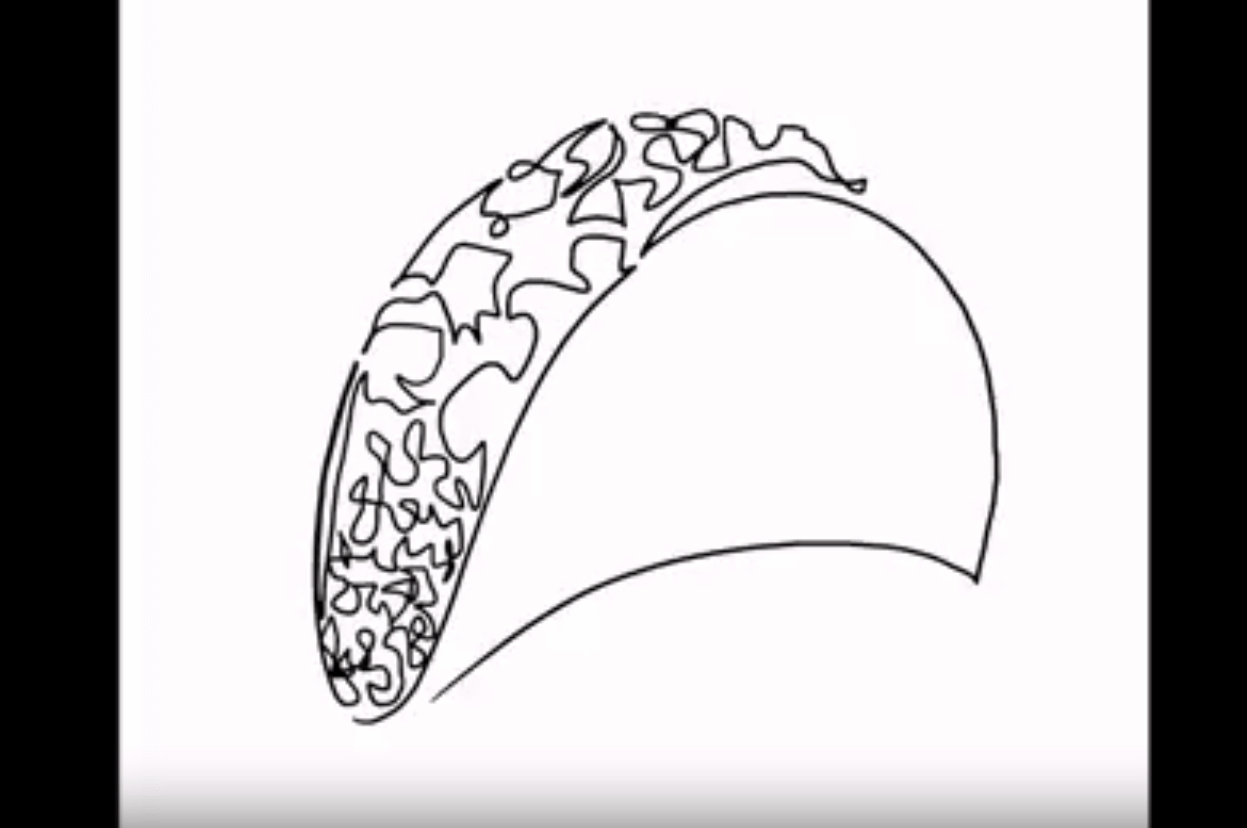DURHAM, N.C. — Binge-watching an entire TV series over the course of a weekend can certainly be satisfying in terms of instant gratification, but there’s also something rewarding about waiting all week long to find out what happened to a beloved character. As anticipation builds, so does excitement. Now, fascinating new research is shedding some much-needed light on the relationship between curiosity and patience – and the findings are anything but predictable.
Neuroscientists at Duke University report that curiosity appears to paradoxically increase people’s patience for a desired answer or reveal while simultaneously making them more eager to hear it. Study authors say these findings could prove very useful in schools all over for teachers and students alike by describing an aspect of curiosity that encourages engagement as opposed to immediate relief.
“When we think of curiosity, we often think of this need for immediate answers,” says Abby Hsiung, Ph.D., a postdoctoral researcher at the Duke Institute for Brain Sciences and lead author of the study, in a media release. “But we found that when people were more curious, they were actually more willing to wait.”
“When we watch TV shows or football games, we’re watching that information evolve over time, uncertain about how it’s all going to end,” Hsiung continues. “I wanted to know if higher curiosity would push people to seek, or to avoid, getting an immediate ‘spoiler’.”
Hsiung was actually inspired to conduct this research by the countless short cooking videos on Instagram and TikTok.
“These videos caught my attention because even though they’re so short, they manage to develop a narrative and suspense, so that you’re invested and curious about how the lasagna will all come together,” the researcher adds.
So, Hsiung used a digital paintbrush to create a series of 30-second animated line drawing videos that, similar to the aforementioned social media cooking clips, eventually turn into something highly recognizable, such as a taco or a dog.

Over 2,000 adults watched 25 of these short line-drawing videos online. Along the way, they were asked how curious they were, how they felt, and to guess what the drawing would become. Crucially, participants also had access to a “spoiler” button that would skip ahead and allow them to immediately see the final drawing.
Researchers were quite surprised to find that when people were curious, they actually tended to stay away from the spoiler button, instead choosing to watch the drawings unfold. It was only when participants were less curious that they went for the instant answer.
“Curiosity didn’t just motivate getting answers, it increased the value of the journey itself,” adds Alison Adcock M.D., Ph.D., a professor of psychiatry and behavioral sciences at Duke and senior author of the new report.
Notably, this project also reports curiosity often increased at different stages of watching the videos.
“We saw higher curiosity during moments where it seemed like the drawing could turn into anything and also when participants were starting to really home in on a single answer,” says co-author Jia-Hou Poh, Ph.D., a postdoctoral researcher at the Duke Institute for Brain Sciences.
Curiosity also seemed to stir up people’s feelings of joy. Study authors say this explains why people kept watching the line drawing videos even when they could just hit a button to get the answers right away. They were enjoying the waiting game and anticipation.
“This helps explain why people often avoid spoilers,” comments Scott Huettel, Ph.D., a fellow senior author on the study and Duke professor of psychology and neuroscience. “Knowing the end of a new TV series, for example, can remove the enjoyment of watching the plot unravel.”
All in all, the research team theorizes stoking curiosity may help enhance motivation in classrooms and perhaps even improve learning outcomes. On a related note, another recent study by Dr. Adcock and Poh reported that increasing curiosity tends to enhance memory by preparing the brain for new information. These latest findings show that curiosity can also help bolster persistence while learning something new.
“By understanding what sparks curiosity, especially how it arises from our own ideas, we can find more ways to cultivate it and benefit from the learning it promotes.” Dr. Adcock concludes.
The study is published in Proceedings of the National Academy of Sciences.
You might also be interested in:
- Child’s level of curiosity tied to their academic success
- Serotonin + confidence are key ingredients for patience, study shows
- Do spoilers really harm box office returns? Surprising study suggests they actually help!

